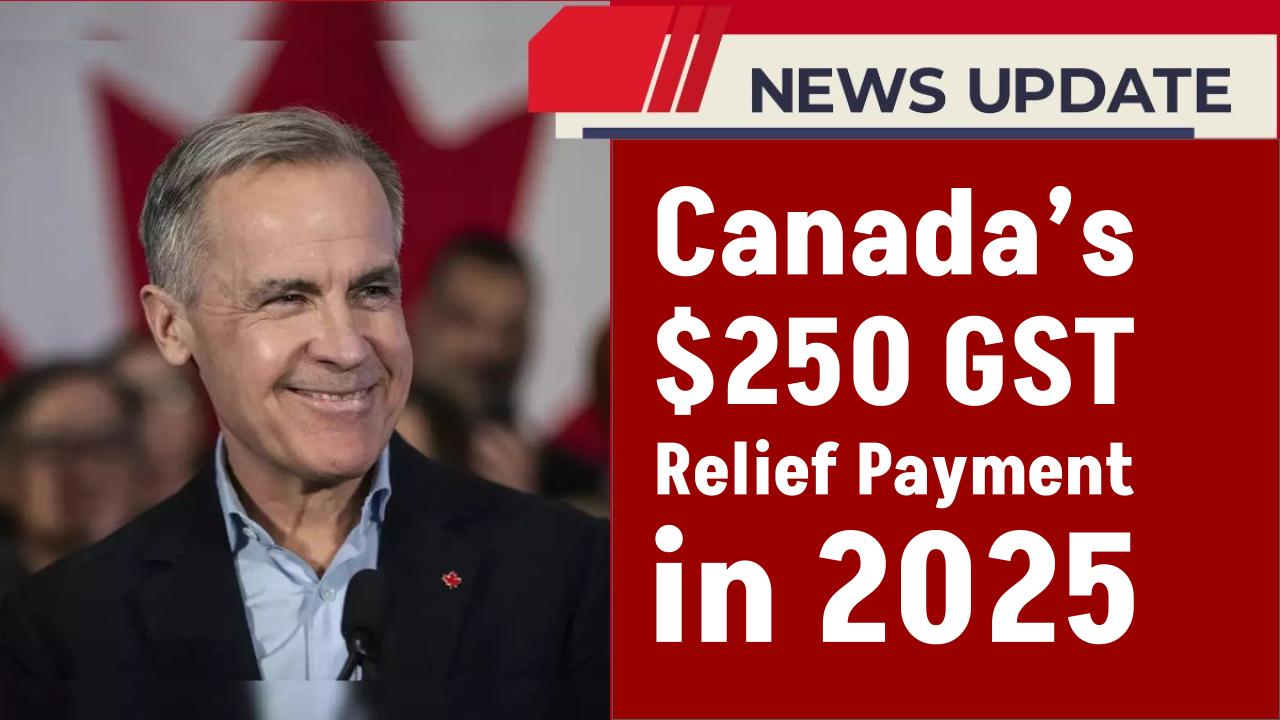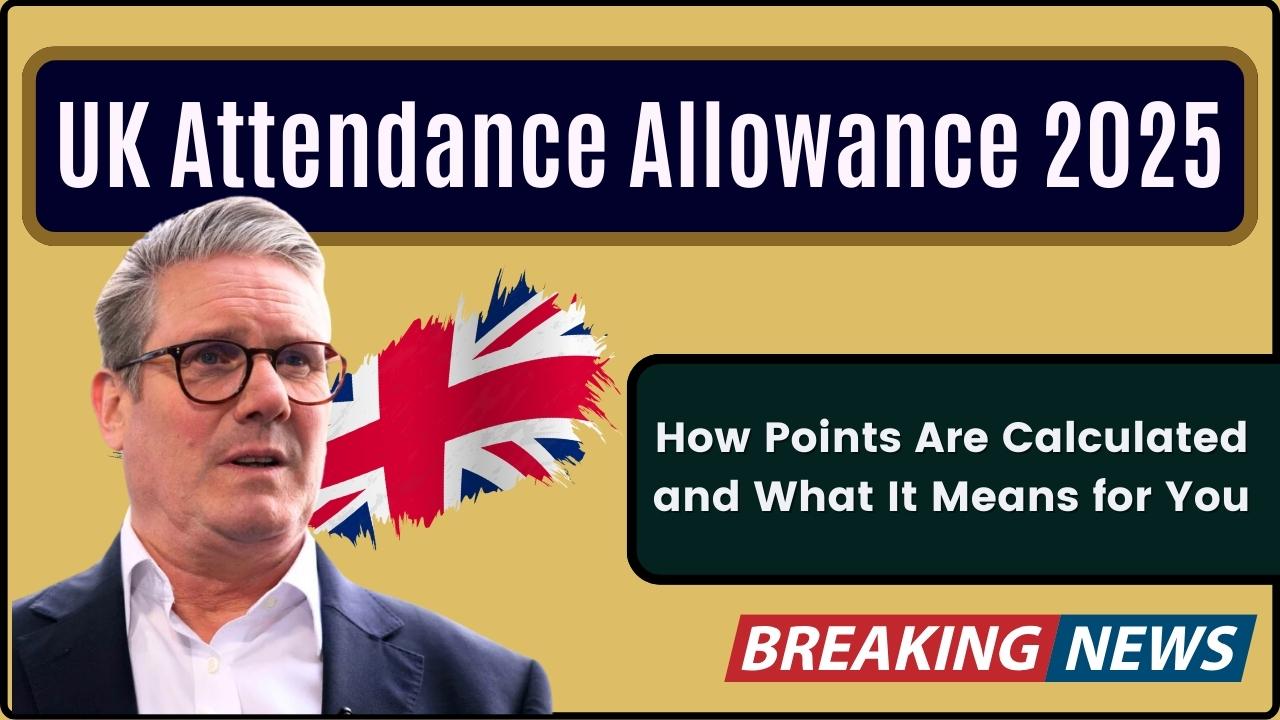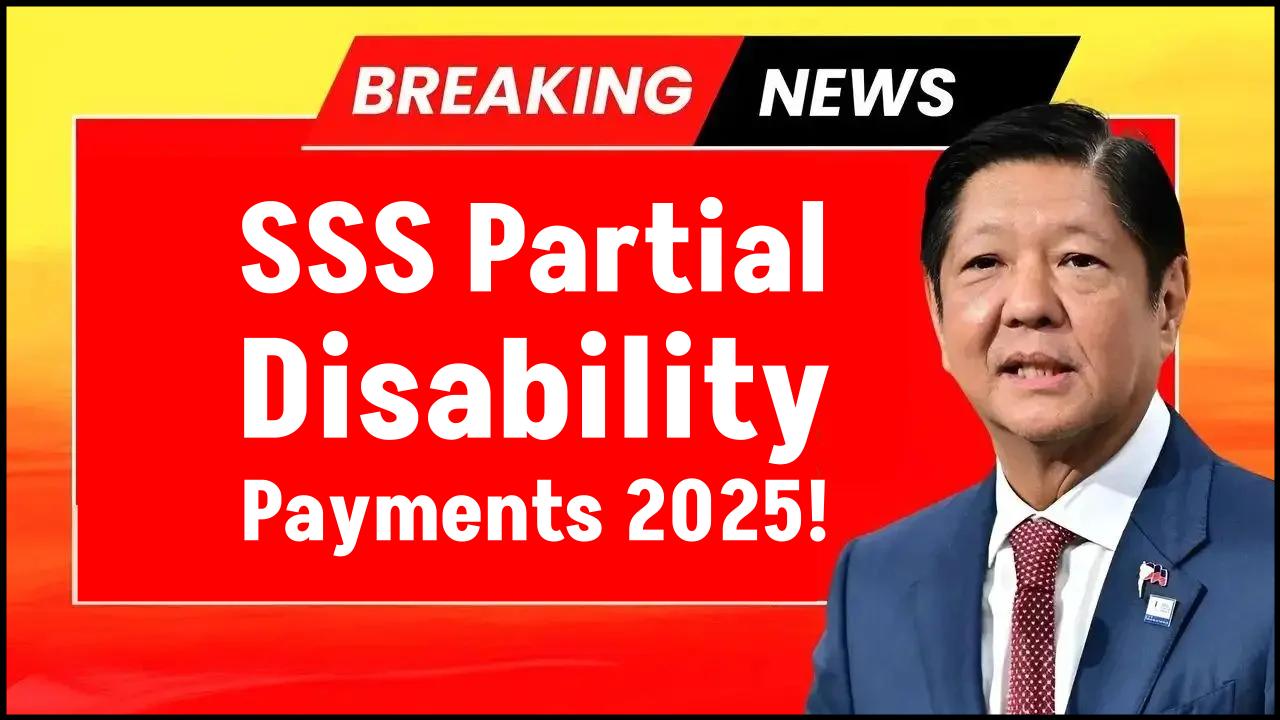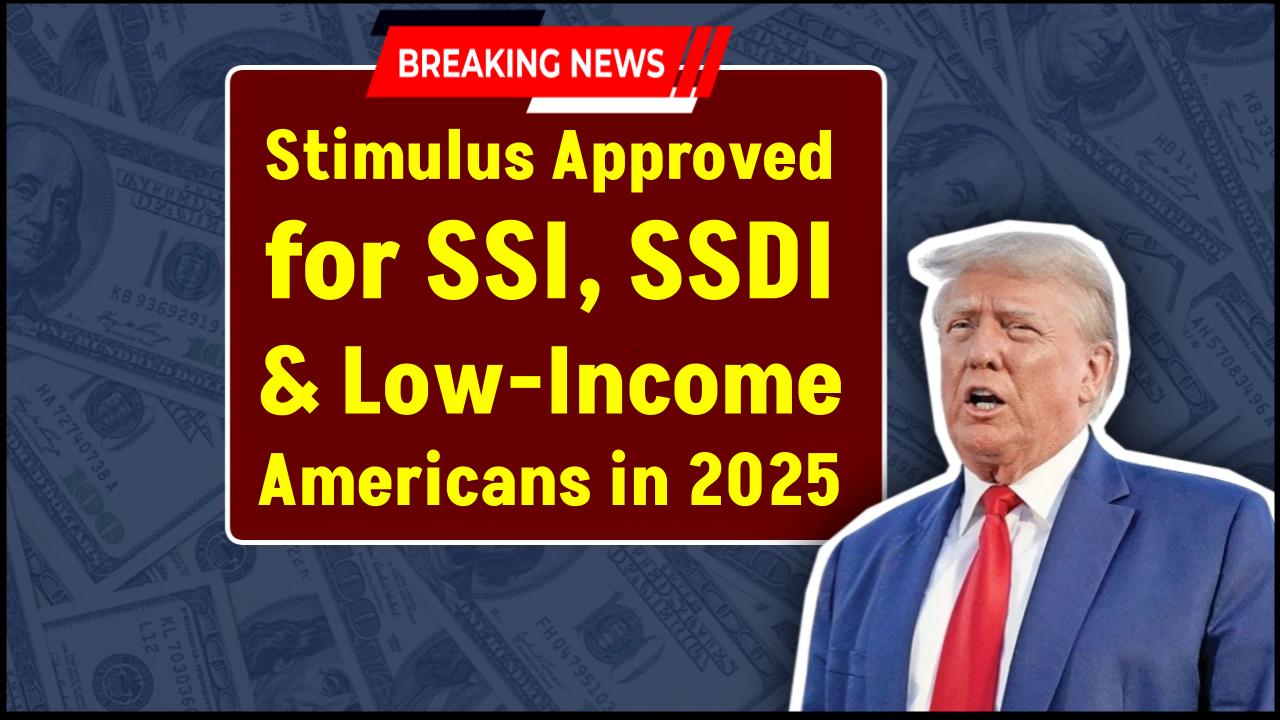DWP and HMRC Payment Bombshell for May! Check If Your Benefits Are Affected
DWP and HMRC Payment Bombshell for May – In May 2025, the Department for Work and Pensions (DWP) and HM Revenue and Customs (HMRC) are rolling out a series of benefit payment changes that could significantly affect millions of UK residents. From early payment dates due to bank holidays to reduced deductions and eligibility shifts, it’s crucial to understand how these updates could impact your household finances.
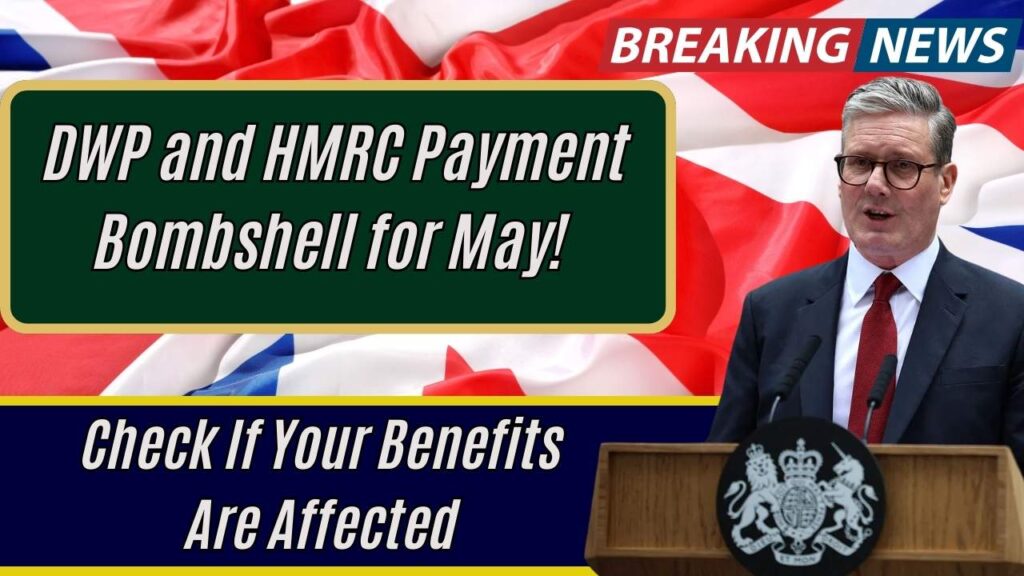
If you receive Universal Credit, State Pension, PIP, Tax Credits, or Child Benefit, this article is your complete guide to navigating the DWP and HMRC updates for May 2025.
DWP and HMRC Payment Bombshell for May
| Feature | Details |
|---|---|
| Early Payment Dates | Benefits due on May 5 and May 26 will be paid early on May 2 and May 23 respectively. |
| Universal Credit Deductions Reduced | Cap on deductions reduced from 25% to 15%, giving more money to recipients. |
| Legacy Benefits Migration | ESA and other legacy claimants being moved to Universal Credit. Respond within 3 months. |
| New PIP Rules Coming | Stricter eligibility criteria may reduce or stop benefits for some. |
| Future Welfare Cuts | From 2026, some incapacity payments will be cut by nearly £215/month. |
| Where to Check Your Status | Use tools like Turn2Us, EntitledTo, Gov.uk. |
The DWP and HMRC payment changes in May 2025 are far more than simple calendar adjustments. They represent a larger shift in UK welfare strategy—one that emphasizes migration to Universal Credit, tighter eligibility, and debt relief.
For millions of families and individuals, staying informed and checking your eligibility regularly is now more important than ever. From deduction caps to benefit increases and new assessment rules, these changes could directly affect your monthly income.
Why These Payment Changes Matter in May 2025?
Every May, UK residents face adjusted benefit payment dates due to two major bank holidays: Early May Bank Holiday (May 5) and Spring Bank Holiday (May 26). But in 2025, those date shifts are just the beginning. The DWP and HMRC have also introduced major structural changes that will affect how much money people actually receive.
For low-income families, pensioners, and disabled individuals, understanding these changes can make the difference between making ends meet or falling behind.
Early Benefit Payments – Mark Your Calendar
When a bank holiday falls on a scheduled payment date, the government often pays out benefits early, to avoid delays:
- If your payment is due on Monday, May 5, you’ll receive it on Friday, May 2.
- If your payment is scheduled for Monday, May 26, it will arrive on Friday, May 23.
This applies to:
- Universal Credit
- State Pension
- Personal Independence Payment (PIP)
- Attendance Allowance
- Disability Living Allowance (DLA)
- Child Benefit
- Tax Credits
Tip: If you rely on automatic payments for rent or bills, plan ahead to avoid a gap in timing.
Universal Credit Deduction Changes – More Cash in Hand
One of the most significant changes starting April 30, 2025, is a new cap on repayment deductions from Universal Credit.
Previously, the DWP could deduct up to 25% of your standard allowance to cover debts like advance payments or benefit overpayments. Now, that has been reduced to just 15%.
What This Means:
- You’ll keep more of your monthly benefit.
- For some families, that could mean up to £35–£40 more per month, or £420 annually.
According to the DWP, this change is expected to benefit over 1.2 million households, including 700,000 with children.
Managed Migration: Moving from Legacy Benefits to Universal Credit
Are you on legacy benefits like income-related ESA, Income Support, or Working Tax Credit? You may soon receive a letter from the DWP asking you to migrate to Universal Credit.
This is part of a process called “managed migration”, and it is happening in stages:
Here’s what you need to do:
- Respond to the DWP’s letter within 3 months.
- Failure to act may result in benefit suspension or complete loss.
- The goal is to move all remaining claimants to Universal Credit by March 2026.
Important: Do not attempt to switch voluntarily before receiving the official letter, as it could affect transitional protection.
New PIP Eligibility Criteria – What’s Changing?
The government is proposing stricter eligibility rules for Personal Independence Payment (PIP) in an effort to tighten spending.
Here’s what’s expected in 2025–2026:
- Claimants must score at least 4 points on a single daily living activity (currently, points can be combined across different activities).
- Fewer automatic awards for certain conditions.
- Work Capability Assessment to be scrapped by 2028, with PIP assessments replacing it.
This could result in tens of thousands losing eligibility unless they meet the new assessment thresholds.
2026: Incapacity Benefit Cuts Incoming
The DWP has also confirmed that from April 2026, new claimants deemed incapable of work under Universal Credit rules will no longer get the full incapacity element.
- The monthly payment will drop from £423.27 to £208.10 for new claimants.
- Existing recipients will be protected until 2030, but no new awards at the current rate will be made.
This policy shift could cut benefits by nearly 50% for new disabled claimants.
Child Benefit and Tax Credit Updates
Starting April 6, 2025, the government has also revised Child Benefit rates:
- Eldest child: £26.04/week
- Additional children: £17.24/week
Meanwhile, Child Tax Credit and Housing Benefit are being phased out as part of the Universal Credit rollout.
If you’re still on these schemes, check your mail for a migration letter, or use a benefit calculator to prepare in advance.
State Pension and Benefit Increases in April 2025
Following the Triple Lock Guarantee, State Pension increased by 4.1% in April 2025:
- New Full State Pension: £221.20/week
- Basic State Pension: £169.50/week
Universal Credit also saw a 1.7% increase. However, many claimants will see the new amount only in June due to how assessment periods work.
Winter Fuel Payment Warning – Many Pensioners at Risk
Over 150,000 pensioner households could lose their £300 Winter Fuel Payment due to falling Pension Credit take-up.
Eligibility is now tied to receiving Pension Credit, but an estimated 760,000 eligible pensioners haven’t claimed it.
Helpful Tools and Resources for Claimants
To stay up to date and check eligibility for current or upcoming benefits, use these free online tools:
- Turn2Us Benefits Calculator: www.turn2us.org.uk
- EntitledTo Calculator: www.entitledto.co.uk
- Policy in Practice: www.policyinpractice.co.uk
- Check State Pension Forecast: www.gov.uk/check-state-pension
These platforms are frequently updated and provide clear, actionable insights based on your income, savings, age, and living situation.
“DWP Just Announced a £300 Payment – Everything You Must Know for 2025!”
£100 DWP Cost of Living Payment Incoming – Is Your Household on the List?
£27 Weekly Payout from DWP Could Ease Household Struggles—Here’s How to Access It
FAQs About DWP and HMRC Payment Bombshell for May
1. Will I lose my benefits if I don’t respond to the migration letter?
Yes. If you don’t respond within 3 months, your benefits could stop.
2. Why is my Universal Credit payment still the old amount?
Your assessment period may not reflect the April increase yet. The new rate may apply from June 2025.
3. What if I’m away or miss the payment date?
Early payments due to holidays are automatic. You don’t need to do anything—but double-check with your bank.
4. Can I still get Pension Credit and Winter Fuel Payment?
Yes, but only if you claim Pension Credit. Use the government’s online checker to apply.
5. How do I know if I’ll be affected by PIP changes?
Keep an eye on DWP announcements and contact a local welfare adviser or Citizens Advice for an assessment.
